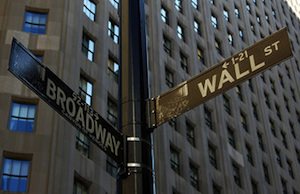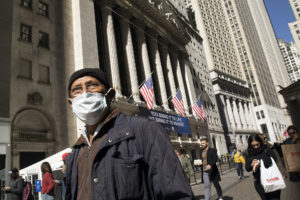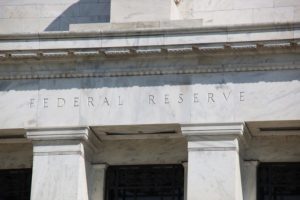What We Learned About Wall Street and Big Business From Facebook’s IPO
In the span of less than a week, Facebook's much-maligned initial public offering has led to billions in losses, multiple investigations and even lawsuits. The mess created from all this chaos, however, has led to some lessons about how Wall Street and big businesses play the system for their own economic advantages.
In the span of less than a week, Facebook’s much-maligned initial public offering has led to billions in losses, multiple investigations and lawsuits. The fiasco began almost immediately after the stock became available for public trading May 18, with trading issues and Nasdaq delays. From there, the problems mounted as the shares dropped and reports surfaced that the banks that underwrote the IPO hid a report of weak revenue growth potential.
The mess created from all this chaos, however, has led to some lessons about how Wall Street and big businesses play the system for their own economic advantages. –TEB
Your support matters…Think Progress:
1) Facebook may have hid information about weak revenue growth: According to one lawsuit launched since the company went public, Facebook “concealed crucial information” regarding weak revenue growth, failing to disclose a revised revenue forecast, much like Wall Street banks failed to provide key information about mortgage securities they were peddling before the financial crisis.
2) Morgan Stanley alerted “preferred” investors to Facebook’s poor growth forecasts: Facebook’s Wall Street underwriters are facing scrutiny from regulators for only alerting certain “preferred” investors about Facebook’s declining revenue stream, leaving many potential shareholders in the dark.
3) Facebook stock dropped, Wall Street got rich: Facebook stock plummeted on its second day of trading and has continued its decline since, but Morgan Stanley and the other underwriters are still turning massive profits by “shorting” its stock. “In fact,” Fortune’s Steven Gandel wrote, “Morgan Stanley and the other banks who were selling Facebook shares to the public were positioned to make more money the lower Facebook’s shares went.” As of Tuesday, the group of Wall Street banks that underwrote the IPO could have topped more than $450 million in profits — on top of more than $170 million in underwriting fees.
Independent journalism is under threat and overshadowed by heavily funded mainstream media.
You can help level the playing field. Become a member.
Your tax-deductible contribution keeps us digging beneath the headlines to give you thought-provoking, investigative reporting and analysis that unearths what's really happening- without compromise.
Give today to support our courageous, independent journalists.






You need to be a supporter to comment.
There are currently no responses to this article.
Be the first to respond.